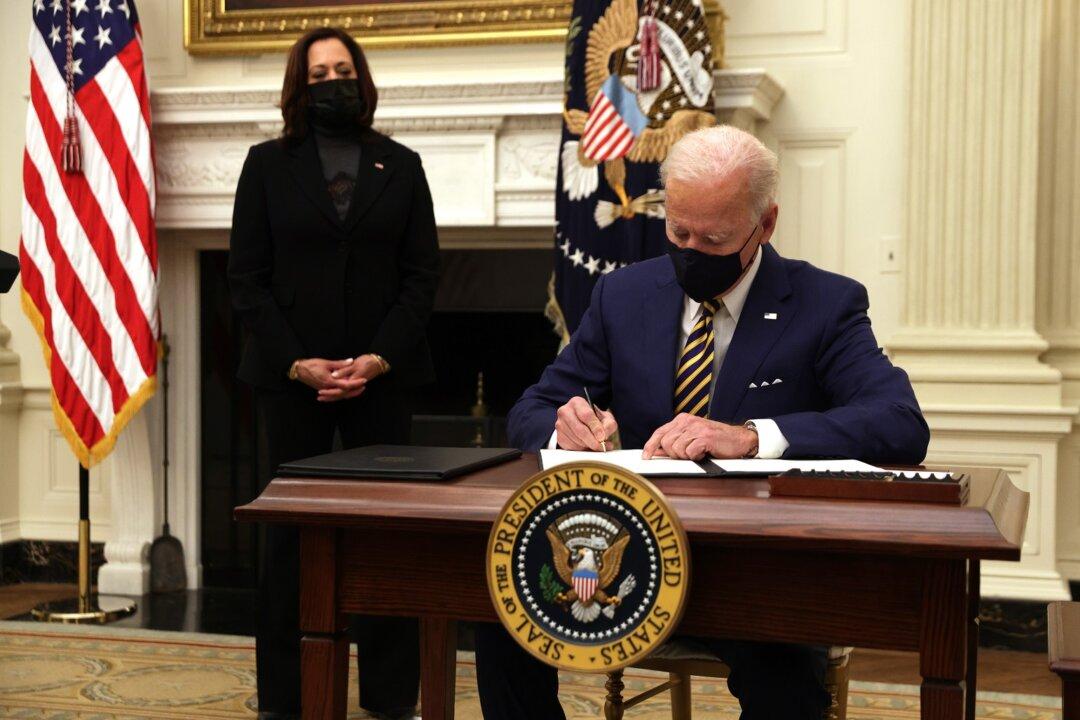President Joe Biden on May 13 signed into law a measure in support of Taiwan’s proper access to the World Health Organization (WHO), according to the White House.
The bipartisan legislation S.812 (pdf) directs the U.S. secretary of state to develop a strategy to regain observer status for Taiwan at the World Health Assembly (WHA), the WHO’s decision-making body, seeking to boost the voice of the self-ruled island as the regime in Beijing continues its attempts to isolate and silence Taiwan on the world stage.




